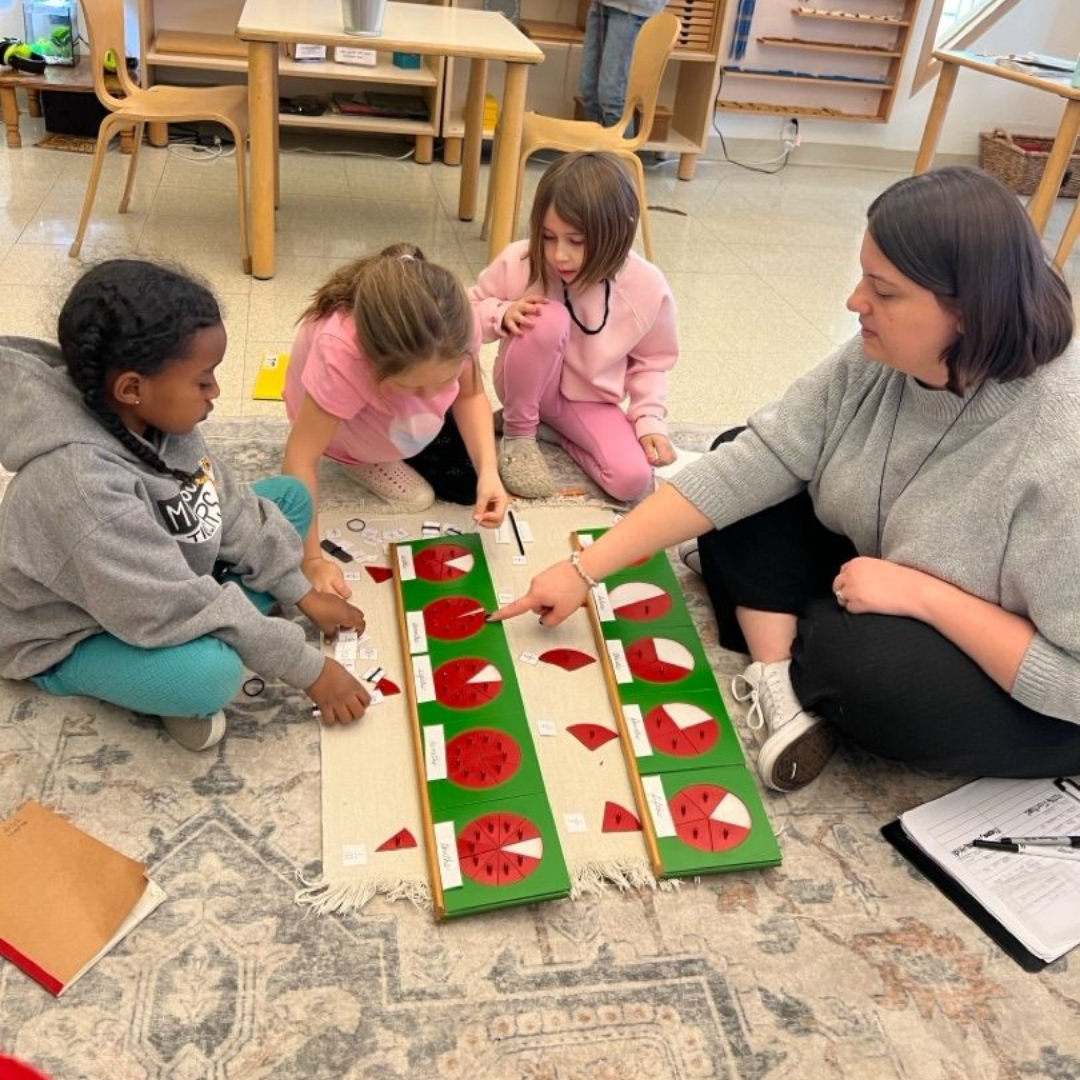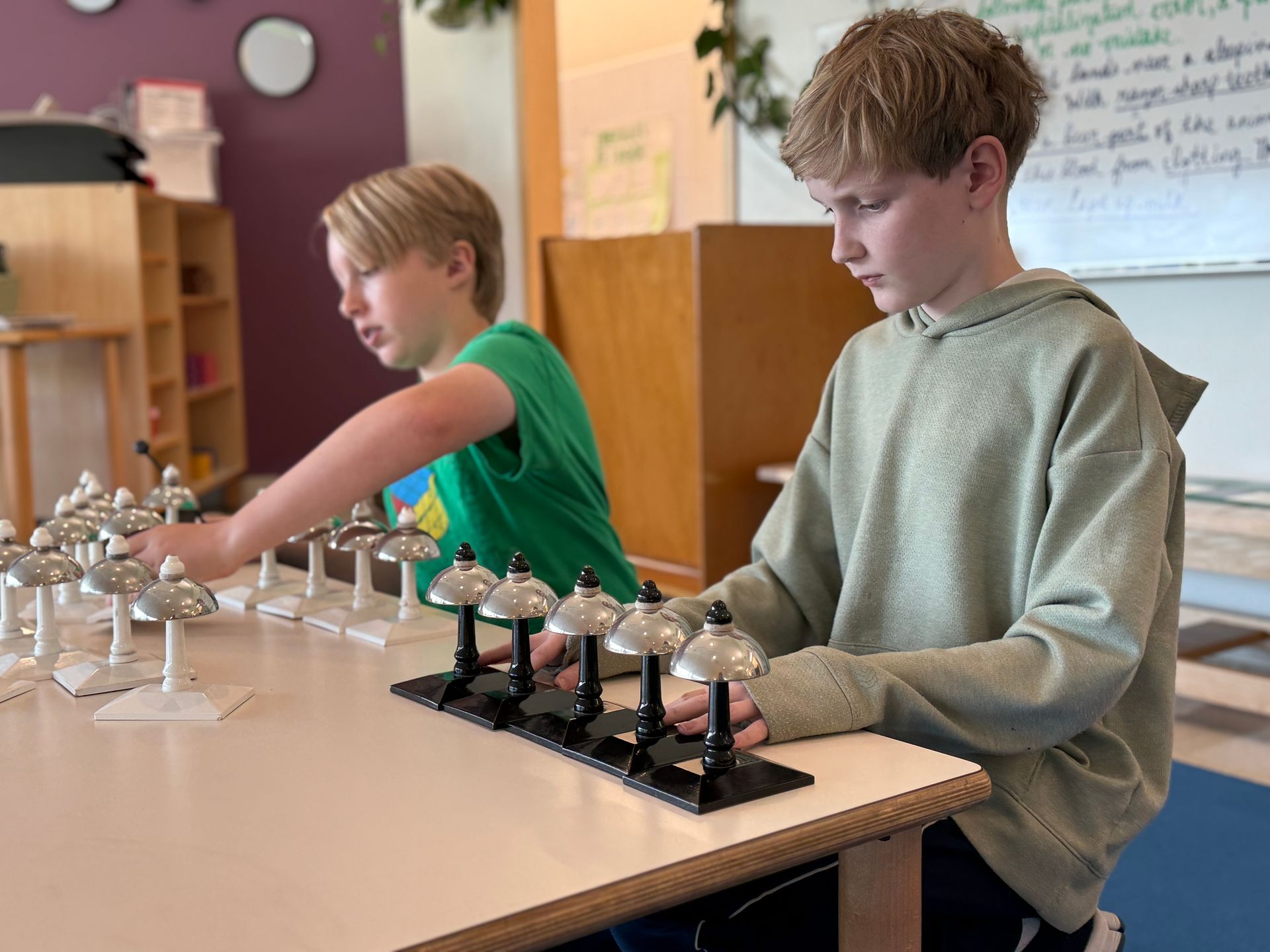
Our teachers delight in coaching parents about mindful, developmentally-based approaches to preventing unwanted behaviors. Montessori offers so much insight into understanding children’s motivations and helping us create more meaningful connections with them. However, even before considering the ways we interact with the children, the answer to improving your child’s behavior may be as simple as addressing one of these fundamental areas:
- Adequate sleep
- Proper nutrition
- Screen time
We will address sleep and nutrition in future articles. In our experience as educators in recent years, however, unwanted behaviors are most often linked to screens. Choosing to eliminate or severely restrict a child’s time with screens, including video games, phones, television, computers and various other devices, can feel like a radical move in these times. Nevertheless, many families experience significant, even startlingly positive, changes in their children’s mood and behavior when they modify how they and their children interact with screens.
Screen time use by infants, toddlers and preschoolers has exploded over the last decade, concerning experts about the impact of television, tablets and smartphones on these critical years of rapid brain development. A recent study scanned the brains of children 3 to 5 years old and found those who used screens more than the recommended one hour a day without parental involvement had lower levels of development in the brain’s white matter — an area key to the development of language, literacy and cognitive skills.
Additionally, several studies have linked screen time to symptoms of ADD/ADHD, impulsivity, anger, and myriad difficulties around behaving appropriately with others.
https://www.todaysparent.com/family/parenting/heres-why-screens-bring-out-the-worst-in-your-kid/
Young children have difficulty differentiating what they experience on a screen from what is appropriate in day to day life. Therefore, they naturally act out what they see and hear in their relationships at school and home. Even adults are affected by the media they consume. The impact on a developing brain is that much more profound.
So if you’re thinking about the easiest way to bring about a more peaceful home environment, consider eliminating or greatly reducing the time everyone on the family spends using devices. Your child’s teacher would be happy to offer guidance on what home activities would be developmentally appropriate to replace time now spent on screens. In general, however, inviting your child to join you in caring for the household is a great way to practice “Montessori at home.” Helping plan and prepare meals, folding clothes, cleaning out a closet, caring for a pet, getting the mail, taking out the trash, weeding the garden are all examples of ways children can help. Along the way, you might also find that you have more moments of fun and connection.





